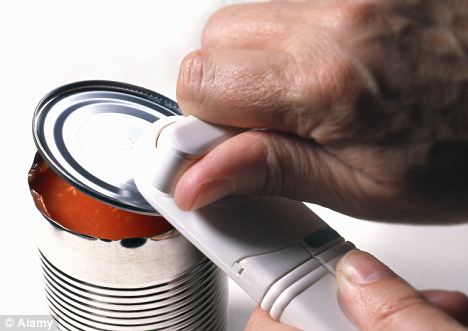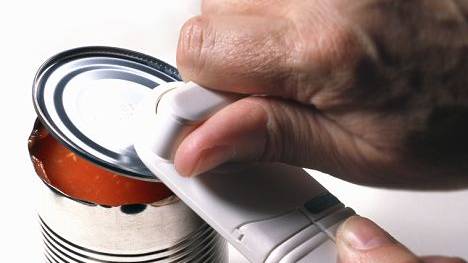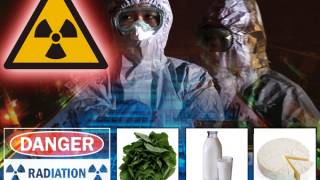BPA levels skyrocket after eating canned soup
Source: thestar.com
Levels of the hormone-disrupting chemical BPA soared by 1,221 per cent in people who ate canned soup, a new Harvard study reveals.“Very little has been done with cans,” lead author Dr. Jennifer Carwile told the Star on Wednesday. “They haven’t been on the radar recently. Now they are.”

Canada banned Bisphenol-A in polycarbonate plastic baby bottles in 2008 and declared BPA toxic in 2010. Most major manufacturers have now replaced BPA in baby bottles and infants’ sipping cups.
Half of the 75 Harvard School of Public Health volunteers each ate 12 ounces (354 mL) of canned soup for lunch every day for five days while the other half ate fresh soup made without canned ingredients.
After a two-day “washout” of their systems, they switched.
Urine tests on the people who ate canned soup found levels of Bisphenol-A 13 times higher than when they ate fresh soup, an increase of 1,221 per cent, the study said.
The Harvard study is the first to “quantify the source of the exposure,” Carwile said.
Bisphenol-A is a synthetic chemical used for decades to harden plastic and as a resin lining to preserve food and beverages in cans. It has been found to disrupt estrogen levels in animals and has been linked to cardiovascular disease and diabetes in people.
The American Chemistry Council has long disputed health and safety concerns about BPA, contending only massive exposure has been conclusively determined to be harmful. Most of the chemical in humans is flushed away quickly, the council contends.
Without BPA, the council has said, inexpensive and convenient canned foods and plastic goods would not exist.
“I appreciate that canned foods are convenient and inexpensive,” said Carwile. “But consumers need to know what they’re being exposed to.”
The BPA levels in people eating canned soup remained consistently high, the study said.
“This study isn’t about one brand canned soup, this is about canned food.”
[...]
Read the full article at: thestar.com
Image: Source






















